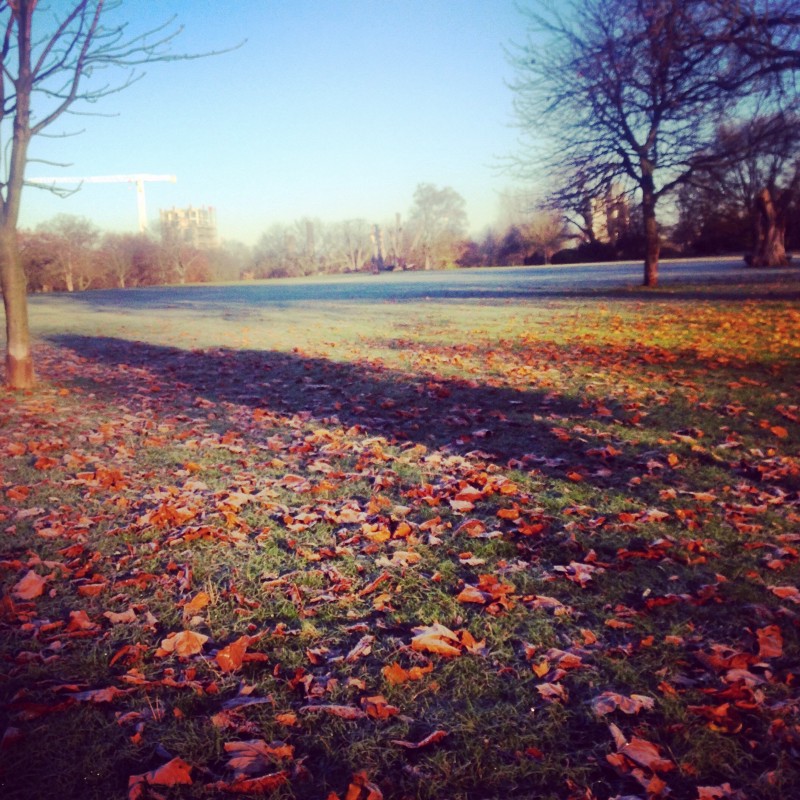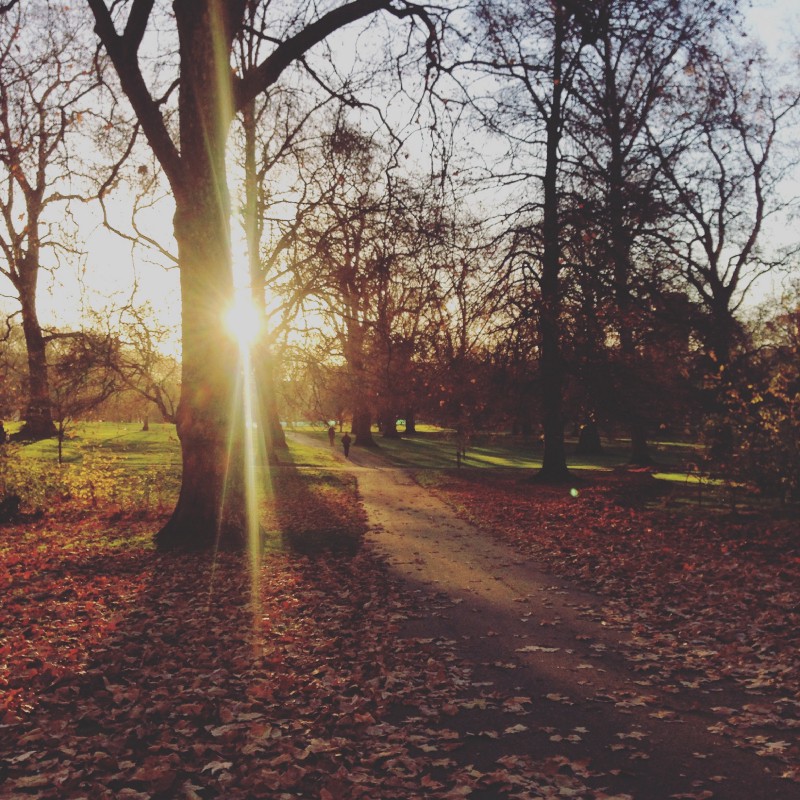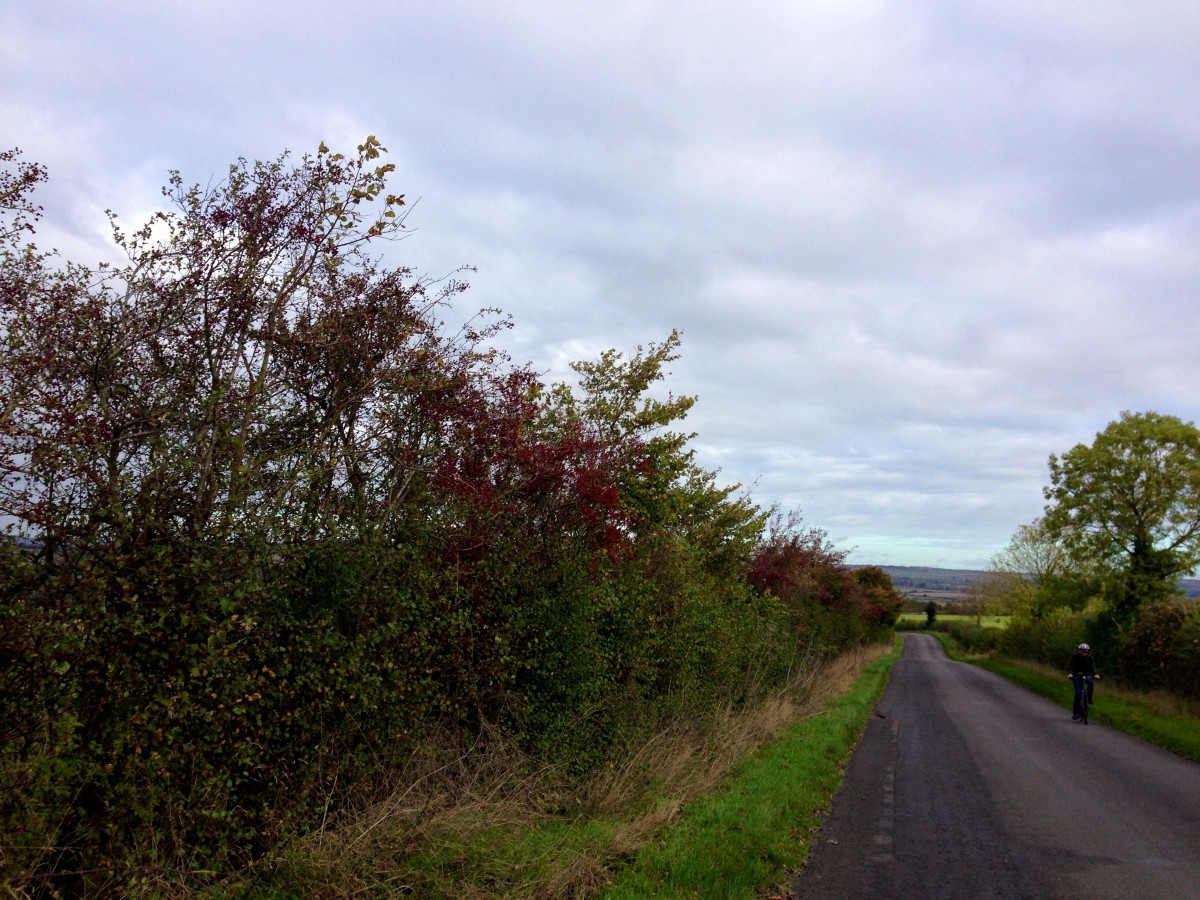L9P Community Member Post: Katie Mulcahy
“She gonna be a fat chick, she keep eating all those peanut butter cups.” Spoken by my 15-year-old brother’s friend. I was 7. Peanut butter cups were my favorite.
Growing up I was aware of weight, aware that being a “fat chick” was a bad thing. My mom and I were both always thin but my mom often worried about her size. While she loved her chocolates and ice cream and often baked cakes and cookies for the family, I saw her take diet pills (this was the ’80s) and heard her frequently worry about her weight and comment on other people’s. Together we walked a tightrope, enjoying food and exercising for the fun of it, going for walks after dinner and trips to Baskin-Robbins for an ice cream cone after games of tennis in the summer. As a kid my mom told me I was lucky that I was naturally thin, and I always thought she was too. At the same time, my dad had a fairly boorish attitude towards women and often commented on the appearance of women on TV or even in real life. From my family I easily internalized that appearances mattered, particularly women’s appearances, and that being thin was critical for acceptance.
“Anna and Paula are only eating baby food until the formal next month. They’re the skinniest girls in our class already.” Spoken by a classmate when I was a 14-year-old freshman at an all-girls high school, a community that fostered confidence — and competition — among girls.
But until I got to high school, I thought this was something other people had to worry about, but not me. When we donned leotards and tights for dance class, surrounded by wall-to-wall mirrors, for the first time I began to compare my body with those of my peers, and worry about whether my tummy was flat enough or my thighs thin enough. I thought maybe I could be thinner if I tried and I was aware of friends who were dieting. I began to develop some quirks, like refusing to eat in front of boys, but for the most part I wasn’t overly concerned about what I ate or what size jeans I wore.
“Jesus, Katie, you want a trough?” Spoken by an older brother. I was 18, home for Christmas after my first semester of college and rummaging through the kitchen cupboard looking for a snack.
I spent the first four months of college without a compass, trying to navigate partying and classwork, alcohol and healthy eating, new friends, and a competitive, looks-obsessed environment. My university wasn’t very large, but it was much bigger than high school and I was starving for the comforts of home, in more ways than one. I was on a meal plan that basically allowed unlimited foods, I was in an atmosphere with lots of new friends influencing me in many different ways, and I was generally unstable in everything that was happening around me. I alternated between skipping meals and going to the gym with my skinny, pretty friends who all went on to join sororities later, and indulging in beer and Doritos with my rebellious roommate who scoffed at the pretty, silly girls. I wanted to be in both worlds and I was never fully in either. By the time I returned home that summer, I had put on enough weight that I was embarrassed about it, and cried when I realized none of my shorts fit. By the time the following Christmas rolled around, I had become vegetarian and lost all the new weight and more, along with my period.
“It doesn’t make any sense. You look after yourself, you eat healthy, but then you smoke and drink.” Spoken by a friend in Ireland. I was 21 years old.
I graduated college and moved to Ireland. That summer, I was a vegan who barely ate. I saw numbers on the scale I hadn’t seen since eighth grade. I ate toast for breakfast, a granola bar and an apple for lunch, and drank black coffee and Diet Coke all day long until I drank pints of Guinness and chain smoked in the pub every night. I rarely worked out but I was at my smallest size yet. On a weekend away, I couldn’t hike up a mountain with my friends without them having to stop for me to catch up every 20 minutes. I resolved to get healthier but secretly loved having to buy increasingly smaller clothes.

“Mom, I don’t know if you realize that when you don’t eat, it makes me feel bad.” Spoken by me, when I was 23 years old. We stared at each other across a bowl of untouched tortilla chips at a local restaurant.
Back home in America, trying to figure out what I was going to do with my life, I was still vegan, still drinking and smoking, and generally at a loss of what to do next. By then, I knew I had to make a change but didn’t know how.
I knew veganism was a cover for disordered eating. I knew I wanted to get stronger and healthier but I found exercise boring and difficult. I lost weight much more easily by just not eating, even though I thought about food all the time, devouring the Food section of the newspaper every week and reading cookbooks like novels. I worried about my mom: she embraced the South Beach Diet in the 1990s, eschewing carbs as was in vogue then, but later joined me in becoming vegetarian. It seemed like each week she had a new notion of what kind of food was good or bad, and just like I felt embarrassed to eat in front of cute boys in high school or pretty sorority girls in college, I felt awkward eating tortilla chips while my mom refused.
I knew things weren’t working for me.
Change came gradually.
The rest of my 20s, and into my 30s, looked like two steps forward, one step back. I went to grad school and began to build a stronger sense of what I wanted to do with my life. I lived alone for the first time and began cooking for myself. I learned a lot about nutrition and food science, and began eating dairy and eggs again, and later added fish to my diet. I became closer friends with people who had more normal, balanced approaches to food and met and married my husband, who has always been a stabilizing force for me, free of judgement.
There were good and bad phases: I became addicted to a calorie-counting app in the lead up to my wedding. I lost weight and achieved my goal of being skinny on my wedding day, but spent months measuring my days in calories consumed, making all my food choices based not on what I wanted or needed, but what would keep my daily calorie count below an arbitrary, absurdly low threshold. My period showed up about once a year, until I went on birth control pills and got fake periods every month.
Finally, I had a big breakthrough.
I found running.
For the first time in my life, I saw my body as something functional, that needed to perform so I could live the life I wanted, and that needed fuel to do so. While training for my first half-marathon, and later, going on to complete four full marathons, I realized that my body absolutely needed fuel to prepare for and recover from grueling distances. It was simple science; my body couldn’t perform without carbs and fat and protein, and for the first time in my life, I began to track food to make sure I was getting enough, rather than to ensure I didn’t over-consume.

And more recently, becoming pregnant and then breastfeeding showed me my body in another dimension. Again, I needed to be sure I was getting enough food and the right mixture of nutrients to take care of not just myself, but another whole person. Experiencing my body make room for two, and growing and feeding an entirely new human being, made me appreciate my body in a way I never had before, and forced me to make sure I was treating it well, not just for me but someone else.
Most importantly, I now realize the full breadth of how the relationships I had with food and body image, and the lessons about these things that I internalized while growing up, profoundly impacted my self-image and mental health in my teens and 20s. And still does to be honest.
I’m not fully recovered and I’m not perfect, and I never will be.
But raising a girl in this world makes me want to be better. I don’t want my daughter to grow up with the assumptions and worries that I had. I want her to eat peanut butter cups, enjoy ice cream, and love fruits and vegetables because they all taste good and make her feel good. I want her to run around and play sports because it’s fun and rewarding and because it feels good to be healthy, not because she’s afraid of what she’ll see in the mirror. I don’t want her to associate food and exercise with guilt or punishment, and I don’t want her to think that how people see her body reflects on who she is as a person. I want her to understand and appreciate just how strong, beautiful and powerful she is from an early age.
National Eating Disorder Association Helpline: 800–931–2236
If you’re an active lady or lady health activist, coach, mentor, parent, or healthcare provider, let us know through our community form. If you want to share your story, get in touch with us through the form or by emailing Lane9Project@gmail dot com. If you just want to follow along, stay tuned here and say hi 👋 on Twitter.
Let's Go!
Coaching for Runners
Work with our coaches for a personalized training plan that takes into account every aspect of your life - from season to traveling to terrain.
Learn More
Workshops for Teams
Book a workshop to help shift team cultures and coach attitudes to provide a healthier environment and more competitive athletes.
